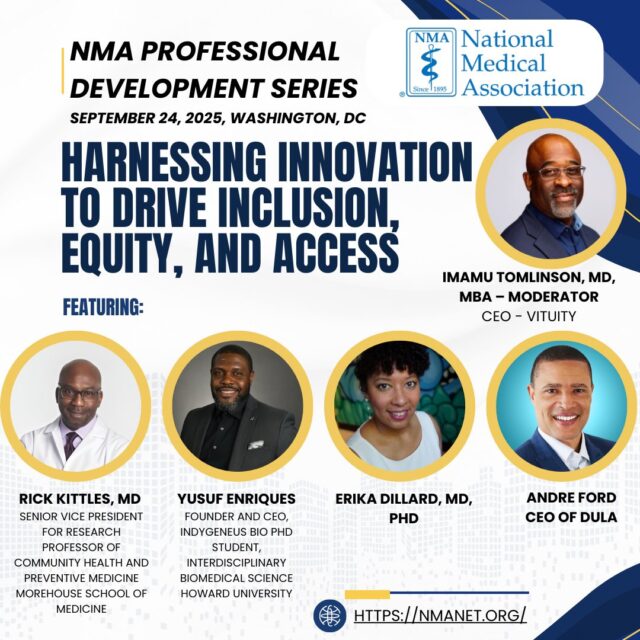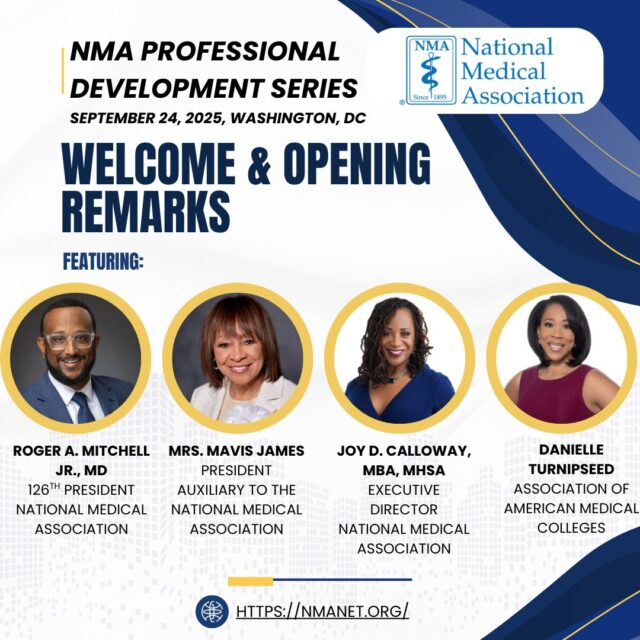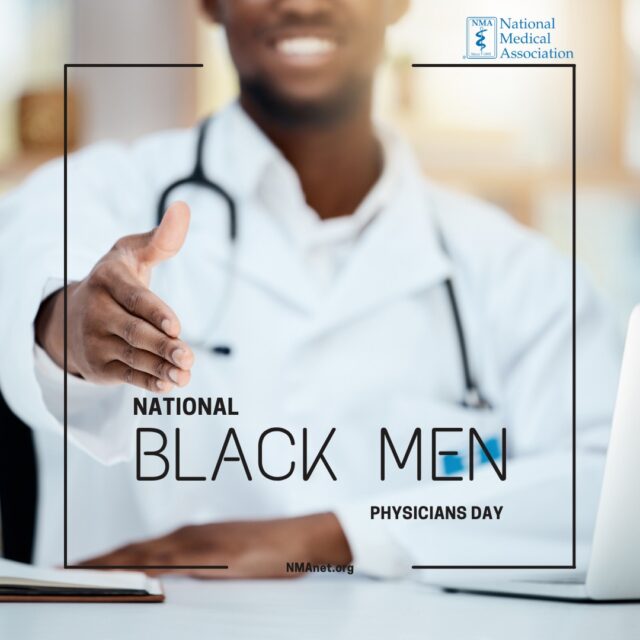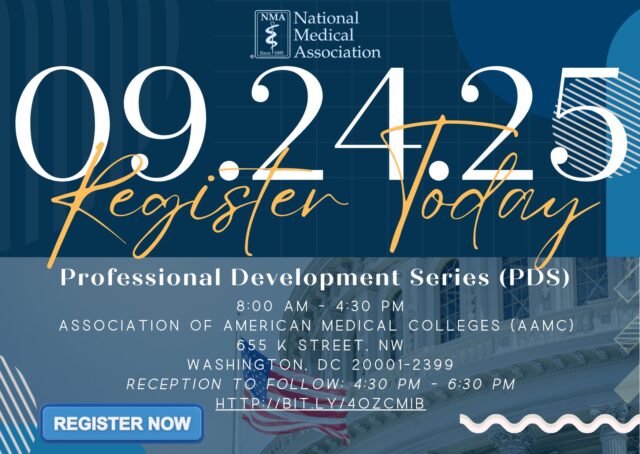Washington, DC – This week, CNN published an article citing a new recommendation put forth by the US Preventive Services Task Force (USPSTF) for women, with an average risk of breast cancer, begin screening at age 40 and biennially, until age 74. This new screening age is suggested to significantly reduce the death rate from breast cancer, through early detection. The USPSTF is a group of independent medical experts whose recommendations help guide doctors’ decisions and influence insurance plans.
The article further states that breast cancer has become the second most common cancer among women in the U.S., and the death rate is the highest among Black women, at almost twice the rate of white women – 27 per 100,000 vs. 15 per 100,000, and almost three times the rate of American Indian, Alaska Native, Hispanic and Asian or Pacific Islander women at 11 per 100,000.
In addition, USPSTF members are seeking more research into the racial inequities in breast cancer, as well as equitable follow-up evaluations, additional testing, biopsies and treatment when needed. USPSTF Vice Chair, Dr. Wanda Nicholson acknowledges that screening alone is not enough, and that Black women need access to equitable treatment. According to Dr. Nicholson, research across the health systems is needed to address these inequities. Acknowledging this, Dr. Garfield Clunie, 123rd president of the National Medical Association (NMA) asserted, “In the interim, while we are working to improve equitable access to treatment, screening remains an important tactic to reduce mortality. Furthermore, screening models that achieve equity, specifically for Black women, should be considered.”
Population-based data indicates breast cancer diagnoses have increased 2% annually since 2015, with more women being diagnosed in their 40s. According to the National Cancer Institute, an estimated 12.9% of women born in the United States will develop breast cancer at some time during their lives.
Dr. Clunie, also stated, “In 1977, renowned African American singer Minnie Ripperton became the spokesperson for the American Cancer Society, bringing awareness to the life-saving properties of early detection through mammograms. She was one of the first celebrities to bring awareness to the fact that Black women are more likely to develop aggressive cancers, such as hers, at younger ages. Almost 50 years later, Black women are still ravaged by this disease at a higher rate than their white counterparts. The National Medical Association has been, and continues to be, at the forefront of the demand for equity in policies and procedures concerning early detection, follow-up, and treatment of breast cancer.”
This recommendation is available on the task force website for public comment through June 5th, along with draft evidence review and draft modeling report.
###
The NMA promotes the collective interests of physicians and patients of African descent. We carry out this mission by serving as the collective voice of physicians of African descent and a leading force for parity in medicine, elimination of health disparities and promotion of optimal health.
Media Contact: Michael L. Peery MLP@lengarmedia.com 312.217.2260
